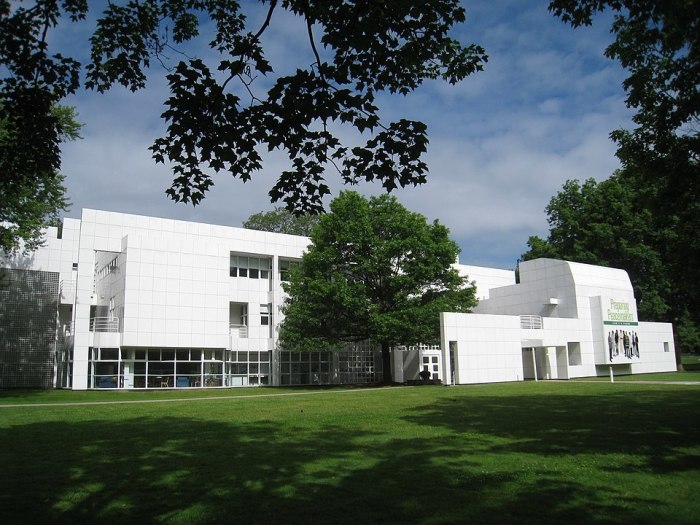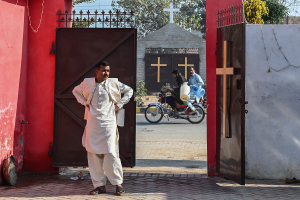Hartford Seminary gets $5M to study impact of pandemic on churches

Thanks to a $5.3 million grant from Lilly Endowment Inc., Hartford Seminary in Connecticut is set to conduct new research into how congregations are adapting amid the COVID-19 pandemic, the school announced Monday.
The Hartford Institute for Religion Research, which will lead the project, will examine how churches have changed in response to the pandemic and seminary President Joel N. Lohr said he “could not be more proud” of the investment in the work of HIRR.
“Not only is the grant award substantial, but the research it will support is incredibly important, building upon the outstanding 40-year history of the HIRR,” Lohr said in a statement.
Since the novel coronavirus pandemic first led to lockdowns in March 2020, the Church, like many other sectors of society, has had to make many changes, including a significant shift to digital worship, and recent studies show that many of those changes are likely to endure.
One study, Trends in the Black Church, showed that black churchgoers have adapted so well to online church amid the pandemic some 41% of them now favor a hybrid model of in-person and online services, even after COVID-19 is no longer deemed as severe of a threat. Some 7% say they would rather their church services remain digital going forward, a new study has revealed.
No longer able to pass the collection plate around because they were not able to gather physically, many churches also increasingly shifted to online giving platforms.
In March 2020, as the seriousness of COVID-19 began to dawn on the world, denominational executives had warned pastors to protect their mental health as well as prepare for a longterm shift in the way the church worships.
“All of us are going to be stretched in ways we haven’t been stretched before,” Doug Clay, general superintendent of the Assemblies of God, had warned church leaders.
The Hartford study, titled Exploring the Pandemic Impact on Congregations: Innovation Amidst and Beyond COVID-19, which previously received $300,000 to help with its design in 2020 from the Lilly Endowment, will track how churches evolved and adapted.
Researchers like Scott Thumma, principal investigator of the project and director of HIRR, will now collaborate with a network of scholars and organizations around the nation who are researching the health and vitality of congregations.
“This moment is such a critical time for congregations. If churches can leverage the creative adaptations in response to the pandemic, the struggles of the last 18 months might lead to the revitalization of spiritual and worship practices,” Thumma said. “Our team is thrilled to be given this opportunity to take an active role in tracking that unfolding reality across the United States. We deeply appreciate Lilly Endowment’s faith in our project and our team’s ability to undertake this vital exploration.”
Clare R. Feldman, chair of Hartford Seminary’s Board of Trustees, said the benefits of the grant are numerous.
“Most noteworthy is that it will enable Hartford Seminary to study the impact of Covid-19 on congregational life and to make those findings available to religious leaders as they go forward,” she said.
Hartford Seminary is a nondenominational graduate school for religious and theological studies with a focus on interfaith dialogue.





























